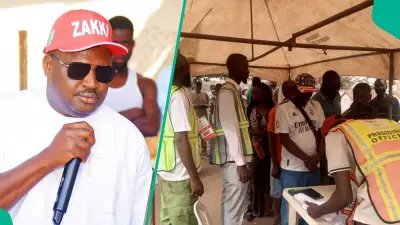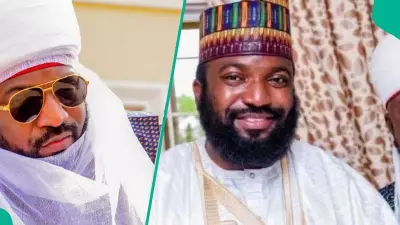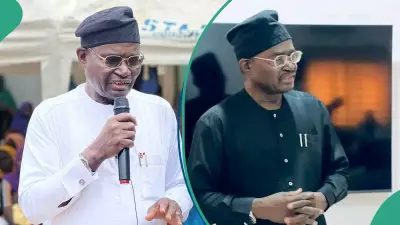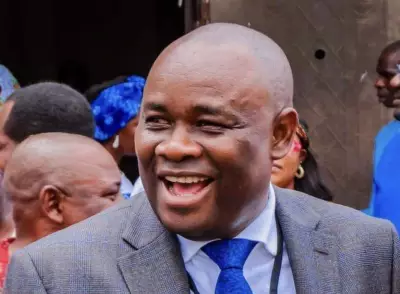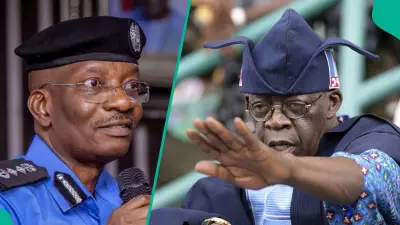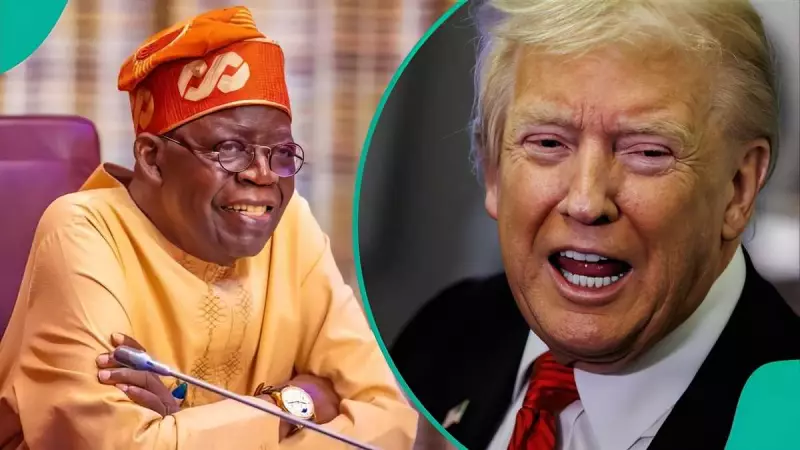
In a stunning revelation that has sent shockwaves through political circles, former INEC National Commissioner Professor Lai Olurode has exposed what he believes are the true motivations behind Donald Trump's recent threat against Nigeria.
The Controversial Threat That Shook Diplomatic Circles
During a recent interview on Channels Television's Sunrise Daily, Professor Olurode didn't hold back in his analysis of Trump's warning that Nigeria would face serious consequences if he returns to the White House. The former electoral commissioner described the threat as having deep-seated roots that go beyond surface-level politics.
Racial Undertones in International Relations
"There is a racial motive to it," Olurode stated emphatically, pointing to what he perceives as a pattern in Trump's approach to African nations. The professor suggested that the former US president's rhetoric reflects broader racial biases that influence his foreign policy decisions toward predominantly black nations.
Economic Interests Driving Political Posturing
Beyond racial factors, Olurode identified significant economic motivations. "There is an economic dimension to it," he explained, noting that Trump's business background and America's economic interests in Nigeria's oil-rich economy likely play a crucial role in his aggressive stance.
The Political Calculation Behind the Warning
The political dimension, according to the former INEC commissioner, cannot be overlooked. Olurode suggested that Trump's threat serves multiple political purposes:
- Appealing to his conservative base with strong anti-immigration rhetoric
- Positioning himself as a tough leader on international affairs
- Creating diplomatic leverage for potential future negotiations
Broader Implications for Nigeria-US Relations
Professor Olurode's analysis raises critical questions about the future of Nigeria-US relations should Trump secure a second term. The warning comes at a delicate time in international diplomacy, with Nigeria navigating complex global partnerships and economic challenges.
The former commissioner's insights provide Nigerian policymakers and citizens with a framework to understand the potential shifts in foreign policy that might occur following the 2024 US presidential election.
As the political landscape continues to evolve, Olurode's commentary serves as a crucial perspective in understanding how racial, economic, and political factors intersect in international relations, particularly between global powers and developing nations like Nigeria.


